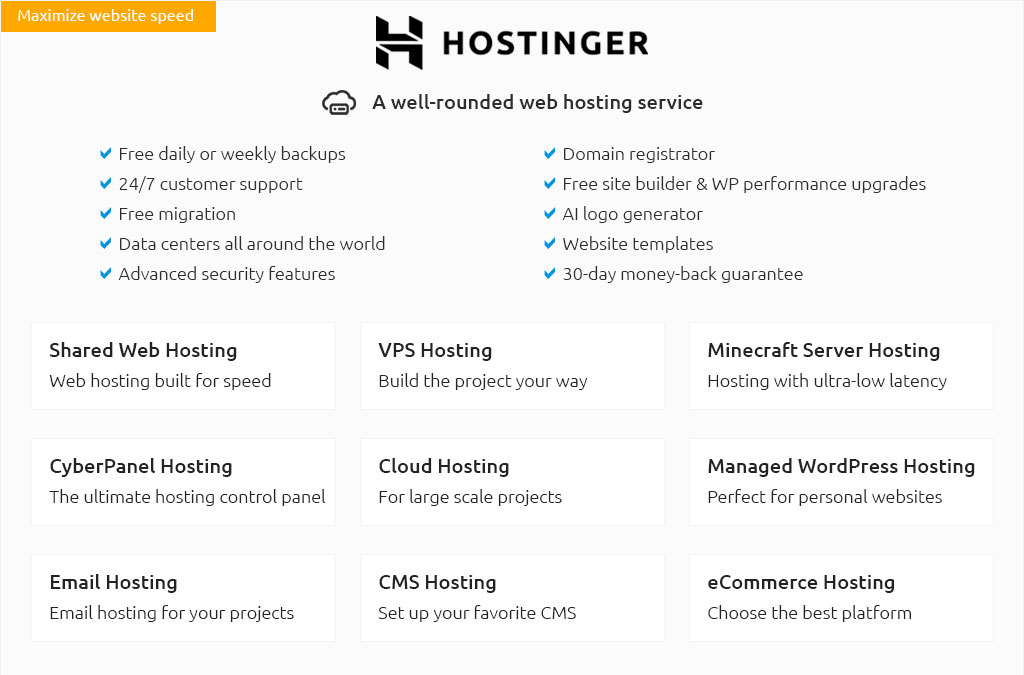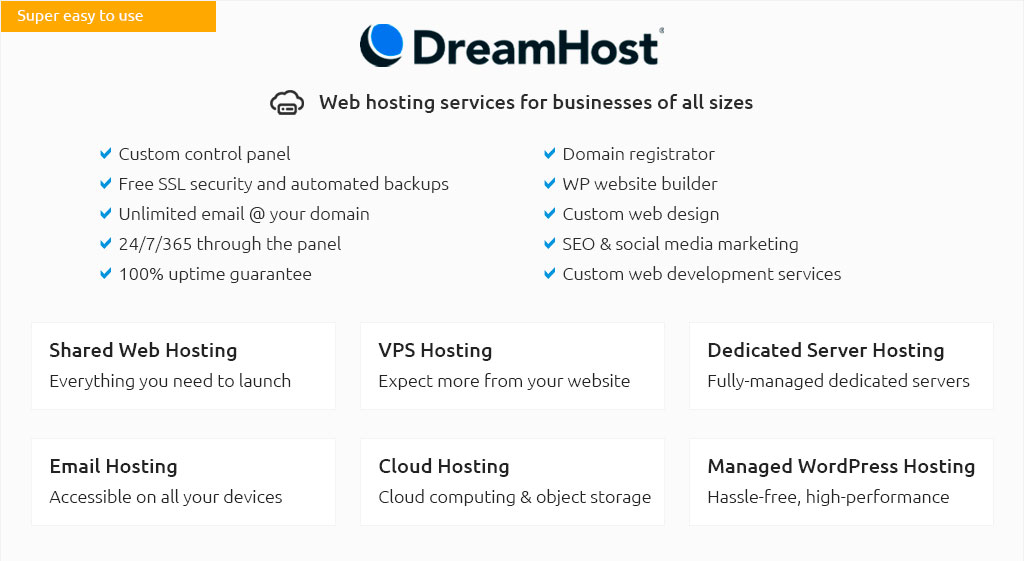 |
|||
 |
 |
 |
|
 |
|
 |
 |
 |
|||
 |
|||
 |
|||
 |
|||
 |
 |
|
Discover the ultimate authority in web hosting reviews, where we cut through the noise and get straight to what matters: performance, reliability, and unparalleled control with Linux dedicated server hosting-because when your business demands the best, settling for less isn't an option; here, you’ll find expert insights, real-world testing, and unbiased opinions that empower you to make informed decisions, ensuring your online presence is as robust and secure as the technology it stands on-welcome to the future of web hosting, where your success is our mission.
https://us.ovhcloud.com/bare-metal/os/server-linux/
Since Linux is open-source, it offers the advantage of being fully-customisable. You can install the elements required for your infrastructure to work properly. https://www.multacom.com/dedicated-hosting/linux-dedicated-servers/
Linux Dedicated Servers - Intel Xeon E5-1650 V3 - Single CPU, Hexa Core - 6 cores and 12 threads - 64GB RAM included, up to 128GB RAM - 1TB SSD Drive or 4TB ... https://www.serverpronto.com/about-linux
ServerPronto offers the world's most affordable Linux dedicated severs. Linux is available on all of our dedicated hosting packages with prices starting at $49 ...
|